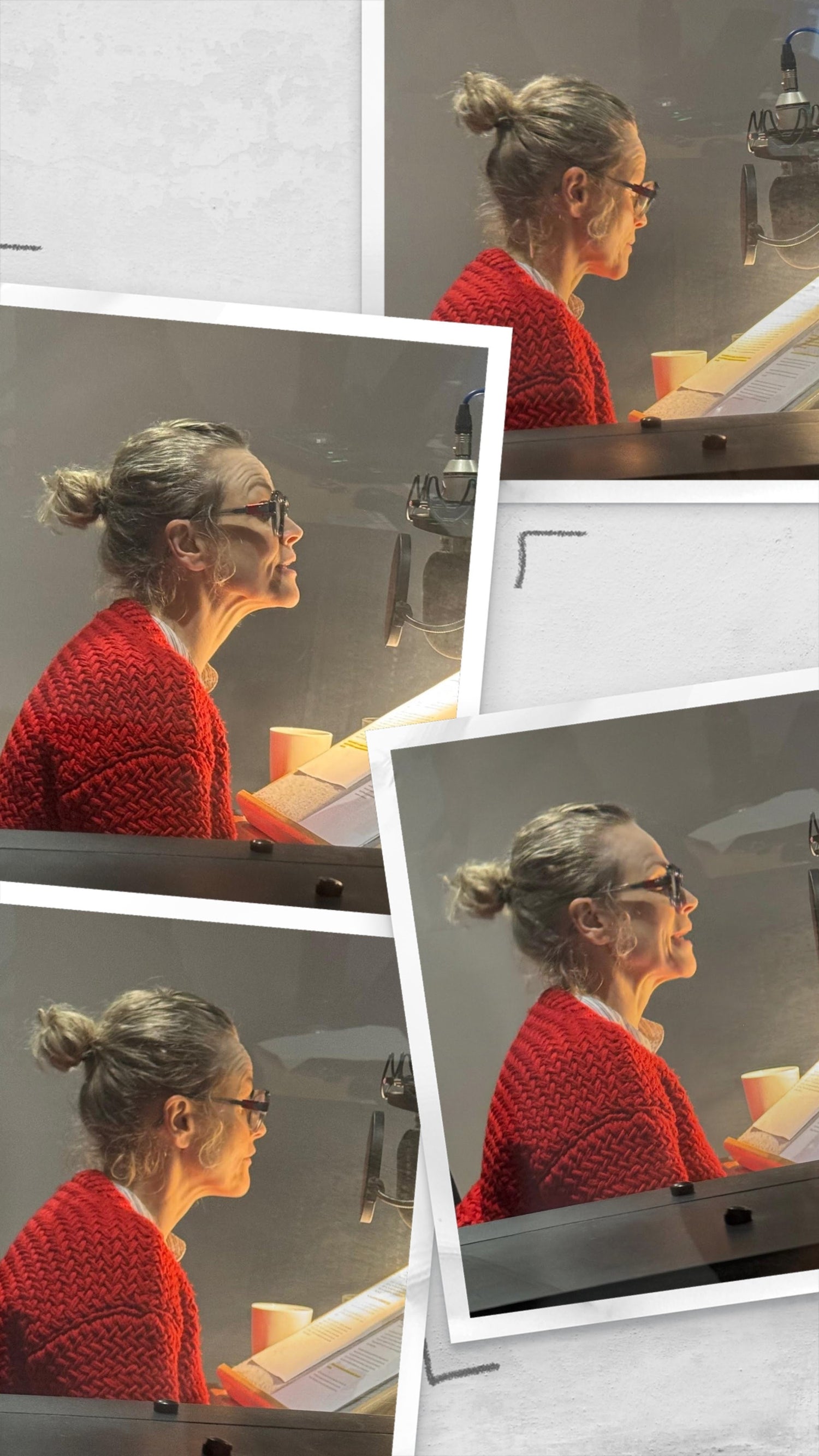Changing The Law
Time to end the injustice of joint enterprise
Bill for my Brother - click here
Significant Contribution Bill - click here
Kim Johnson MP on why a simple change to the law could keep many innocent people out of prison:
I became aware of joint enterprise after watching Jimmy McGovern’s shocking and powerful drama Common in 2014.
This is the legal doctrine, technically known as the law of complicity, that has resulted in people being convicted of very serious crimes, including murder, despite someone else committing the act itself.
Joint enterprise is used to prosecute someone who intentionally “assists or encourages” an offence – and if found guilty, they are punished as harshly as if they had been the principal offender, which can lead to life imprisonment.
I recognise that in some situations this is entirely reasonable. Most people would agree that an armed robber at a bank heist gone wrong, for example, can be deemed as culpable as their partner who actually shot the cashier, because they make a significant contribution to the crime by carrying or supplying a gun and threatening the cashier. These cases are rare.
But the problem, according to many legal experts, is that joint enterprise is used in a much wider way, often convicting people who have made no significant contribution to a crime.
Since being elected in 2019, I’ve met with JENGbA – Joint Enterprise Not Guilty by Association – a grass root campaign set up in 2010. They are in contact with over 1,000 families of people imprisoned as a result of joint enterprise laws, with a disproportionate number of young black teens – who have been wrongly convicted under a method of joint enterprise that was used to convict people who foresaw a crime but did not intend to join in.
The more I speak with families and learn about joint enterprise, the more outraged I become.
In 2016, the Supreme Court ruled that the law had indeed taken a “wrong turn” for over 30 years. The Court rightly restored the proper law of intention so that those who intend to commit or assist a serious crime can be properly convicted – a “moment of genuine legal history”, according to the BBC.
But any optimism that this would lead to meaningful change was short-lived.
Research by the Centre for Crime and Justice Studies identifies that the judgment has had little to no effect on charges or convictions.
And the Court of Appeal decided that prisoners whose juries had been directed to consider foresight, rather than intention, should not have a retrial.
Many of these people are serving life sentences for a murder that they did not either commit, intend to assist, nor share any intention for it to happen.
My Labour colleague Barry Sheerman, who co-chairs the Miscarriages of Justice APPG in Parliament, tried to change this last year. His proposed law would make it easier to appeal convictions when there has been a material change in the law, especially as a result of a legal error, such as there was in joint enterprise.
He rightly recognised that ordinary people can foresee that a crime might take place – but thatdoes not make them complicit.
Unfortunately, the Government blocked this important initiative by depriving it of parliamentary time.
Since 2016, there is a new legal problem where juries are deliberately not told to consider the contribution a person made to the crime. This absence of a legal direction risks convicting people who make no significant contribution to a crime.
It has been used to convict young people seen fighting, but not with the victim, young people who are not present at the scene, women who have no control over their boyfriend’s conduct and young people who listen to certain kinds of music, where trials focus on character and culture and not contribution to a crime.
For some, this means they are serving a life sentence for an offence to which they made no significant contribution and where the minimum term, before they can apply for parole, is longer than they have been alive.
Campaigners have long argued that joint enterprise is also used in a racist way by prosecutors.
Ministers admit that “convictions based on joint enterprise appear from some studies to affect BAME groups disproportionately” and that “there is some concern that the existing case law does operate in a harsh way on certain young black boys and men”.
With the help of Liberty, JENGbA launched legal action last year against the Crown Prosecution Service over its refusal to collect data on the use of joint enterprise.
Under pressure, the CPS agreed to a pilot study of six months of data-collection – and, in September, released the results.
As anticipated, the data showed that joint enterprise disproportionately targeted racialised minorities, especially young black men.
In fact, black people are 16 times more likely than white people to be charged with homicide or attempted homicide under joint enterprise, according to the data.
Felicity Gerry KC, who argued the 2016 case in the Supreme Court, is worried that the law has now taken a “second wrong turn”.
She told me that the key issue is that people are going to prison, often for very long sentences, despite not making any significant contribution to a crime.
Today in Parliament, I will take the first step to change this when I introduce my Joint Enterprise (Significant Contribution) Bill, which has been drafted by legal experts for JENGbA.
The “assist or encourage” test is a simplified version of the words “aid, abet, counsel or procure” in the Accessories and Abettors Act of 1861.
Gloria Morrison from JENGbA told me that, sometimes, simply cycling towards and away from an event has been enough for prosecutors to prove “encouragement”.
My Bill seeks to amend the 1861 Act to clarify that someone must make a “significant contribution” to a crime to be found guilty under joint enterprise.
This would allow us to separate those who should be long-term prisoners from those who should not. It also compliments recent Government measures to reduce the prison population.
Of course, what counts as significant will be up to the courts, but the point is that the level of a defendant’s contribution to a crime would have to be taken into consideration, which doesn’t happen currently.
It’s not easy to change the law like this if the Government is opposed to it, which is why I’m working with JENGbA, Gerry and many others to build the strongest and broadest campaign possible.
Young people’s lives shouldn’t be destroyed by incarceration for crimes for which they made no significant contribution. A miscarriage of law is still a miscarriage of justice and I hope to rectify this long-suffering legal problem with my Bill.
I’m appealing to trade unions and other progressive organisations to help fund this campaign, so we can produce high-quality materials and organise high-impact events that put real pressure on ministers.
Some unions, such as the Bakers, Food and Allied Workers Union, already have policy in place to challenge the injustices of joint enterprise.
But we need support from across the movement, from local branches to national executives, if we’re going to maximise our chances of making this crucial legislative change.
Please get in touch by emailing me on kim.johnson.mp@parliament.uk if you want to help.
• Kim Johnson is the Labour MP for Liverpool, Riverside

